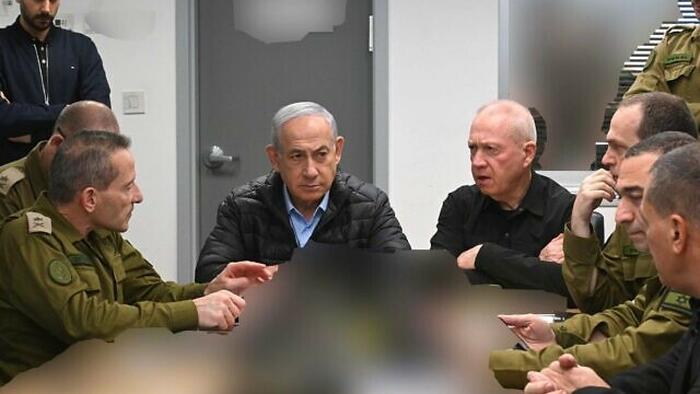The recent overnight Israeli airstrikes on Iran mark a significant escalation in regional tensions, as Israeli sources report targeting military installations rather than nuclear or oil facilities. Four members of the Iranian armed forces have reportedly died as a result of these strikes. This attack has caused heightened rhetoric from Iranian officials; notably, Foreign Minister Abbas Araqchi has declared that there are “no limits” to Iran’s defense efforts. Meanwhile, Israel issued a warning against Iranian retaliation but maintained that the operation’s scope was limited, signaling a desire to avoid an all-out regional war. The international community, including UN Secretary-General Antonio Guterres, has expressed deep concern over these events, calling for diplomatic efforts to deescalate the situation.
From an operational perspective, the Israeli Defense Forces (IDF) deployed around 100 warplanes in a comprehensive strike targeting missile and drone manufacturing sites across three provinces in Iran, including major urban areas such as Tehran and Isfahan. The IDF characterized the operation as “Days of Repentance,” referring to the recent Yom Kippur holiday, and stated that all operational goals were achieved without significant Israeli casualties, which contrasts sharply with the casualties reported on the Iranian side. IDF Spokesman Daniel Hagari emphasized the need for a robust response should Iran choose to escalate further.
Eyewitness accounts within Iran describe loud explosions and heightened alerts as air defense systems engaged incoming missiles. Green lights on their radar displayed activity in the skies; however, Iranian state media have echoed claims of successful interception of many Israeli missiles. Israeli sources, conversely, dispute these claims, alleging zero interceptions and branding Iranian reactions as propaganda. Pro-Iranian media and social media users are mocking what they perceive as Israel’s somewhat tepid retaliation, framing it as ineffective. The broader conversation reflects a tendency for both sides to underplay the damage inflicted on the other, as narratives surrounding military capabilities and operational effectiveness persist amid the chaos of conflict.
Interestingly, the IDF’s focus on air-to-surface missiles during the assault suggests a strategic choice that may lack the impactful destruction seen with ballistic systems. Compared to Iran’s earlier missile strike on Israel, this Israeli operation appears relatively restrained. Israeli analysts and military officials have suggested that recent intelligence indicated a need to undermine Iran’s military capacities. Various Iranian official channels, however, downplay the effects of the strikes, portraying them as essentially a symbolic gesture rather than a genuine threat. The juxtaposition indicates the complicated nature of information warfare that often accompanies military operations.
In the days following Israel’s strikes, regional dynamics may shift based on Iran’s response, or lack thereof. Analysts speculate that Iran may choose to exercise restraint, as demonstrated after previous Israeli offensives. Such a decision could imply a strategic choice to de-escalate tensions where possible. Nevertheless, the ideology and messaging behind Iran’s military and state-sponsored communications suggest a high degree of public defiance against what they frame as an insignificant attack. The overarching conflict, however, remains precariously unresolved, as both sides maintain military postures.
The international community continues to watch the developments closely, with the United States expressing hopes that this incident marks a turning point toward de-escalation rather than an onset of renewed hostilities. President Biden’s optimistic statement reflects broader concerns about the potential for a spiraling conflict that could engulf the region. While both governments may be cautious, the potential for misunderstandings or miscalculations remains high, necessitating continued diplomatic efforts to prevent further military engagements. The evolving narratives around the Israeli strikes and Iranian defensive actions exemplify the complex interplay of military and psychological tactics that define the ongoing struggle for regional dominance.

